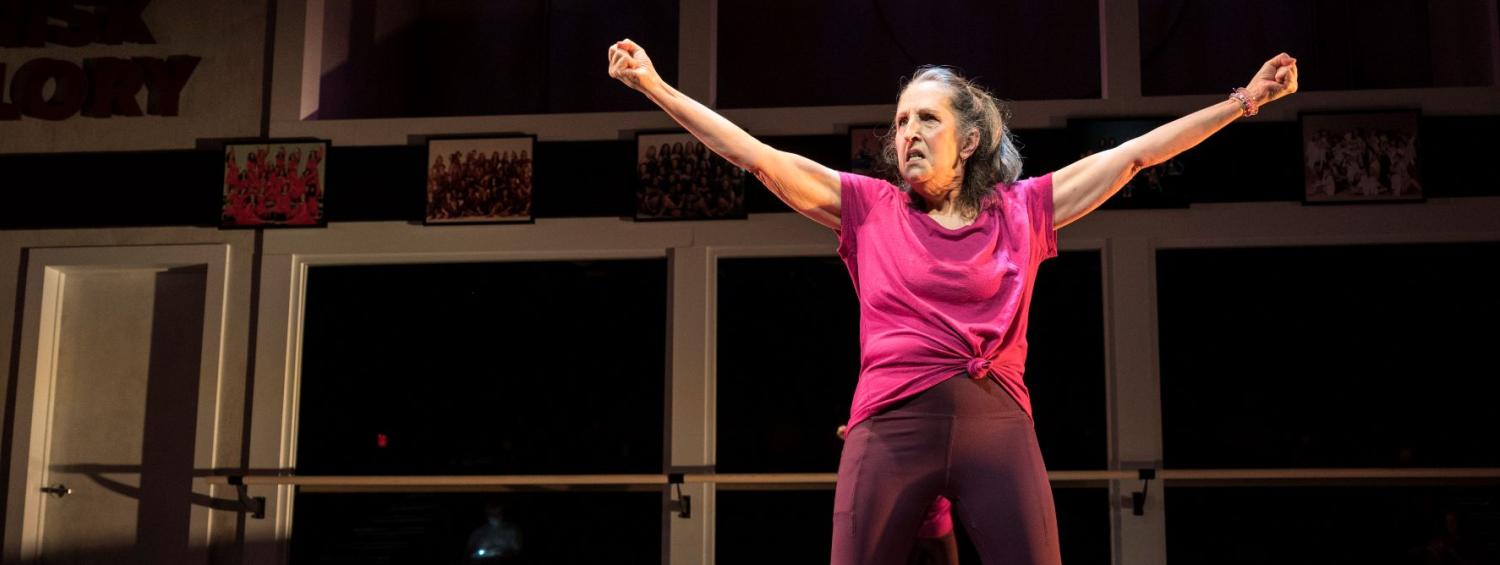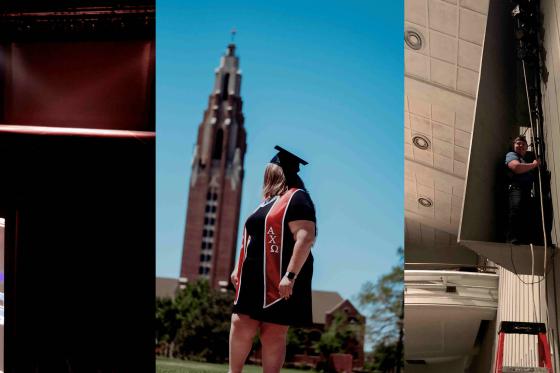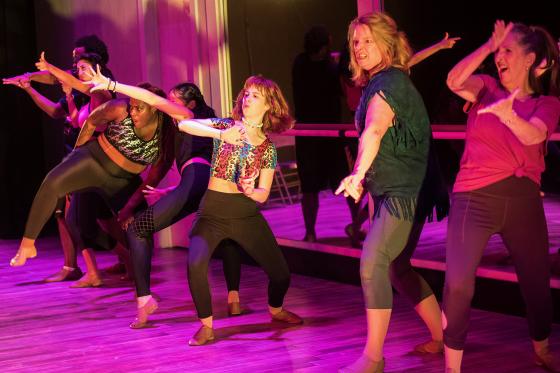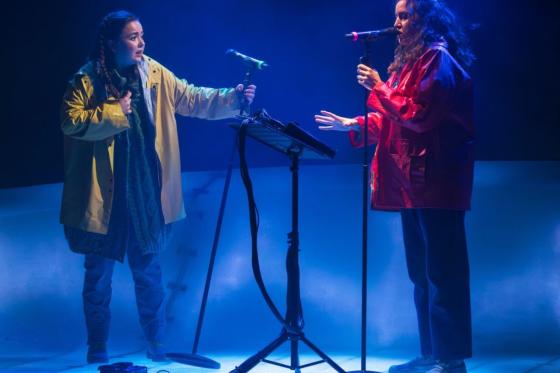To prepare you for the experience of Dance Nation, I wanted to explain why I've programmed this powerful play which deliberately presses buttons in ways that some audiences are not expecting from a production at Olney Theatre Center. In fact, many audiences are surprised to see a play like this at our theatre. It is probably the boldest play we’ve done in my ten years here and I’m really proud of the production.
I selected Dance Nation after I read it in 2018 for three main reasons.
-
Most importantly, I loved its raw and explosive look at how women in competition are held to a different standard than men, and how that double standard, starting in adolescence, can wreak havoc on the emotional lives of girls and women who compete in any arena. I was and have been thinking about the "scandal" around tennis player Naomi Osaka avoiding post-match press conferences, the cruel social media backlash against champions like Simone Biles and Serena Williams (tinged, of course, with racial animus), the disturbing misogyny aroused by the Amber Heard-Johnny Depp trial; the backlash against Hillary Clinton during the 2016 campaign these examples in different ways demonstrate to me the way women holding power can be so unfamiliar and so threatening. Amina's story in Dance Nation is their story, and her final monologue breaks my heart. (I don't want to give away the ending so I won't say anymore than that! You will have to see the show to experience the moment yourself!)
-
The profanity in the show serves an important purpose: I was thrilled by the playwright's reclamation of the word "pussy," which was considered just "locker room banter" when spoken by a man running for President of the United States. Dance Nation asks us to look at, laugh at, and cringe at the visceral violence and ugliness of locker room banter in feminine voices, so we understand just how ugly and violent locker room banter of any sort truly is. Conversely, we'll see in this show how "dirty" words that are used to demean can be transformed into words of outrageous empowerment.
-
Last, the playwright instructs the director and producer to cast women ages 25-75+ in the roles of these girls, and I found that an extraordinary opportunity for DMV actresses to do something they'd never done before and for what it's worth, they've loved performing this play. Clare Barron writes the following about the casting, which you may find interesting:
Think of it as a ghost play: the actors older bodies are haunting these 13-year-olds characters. (We're getting to see who they grow up to be!) And these 13-year-old characters are haunted by the specters of what they will become. At times we should be fully in 13-year-old land with all its ridiculousness, pain and pleasure. And at times we should be palpably aware of the actors real ages and their distance from this moment in their lives.
The chants should be terrifying rituals that conjure real power.
The dances should take up time and space and be fully and gorgeously embodied performative events, even if the actors possess no real dance talent. (In fact, better if the actors possess no real dance talent.)|Cuteness is death.Pagan feral-ness and ferocity are key.Everyone is nice.And everyone is trying their hardest.
Finally, I'm sharing the NY Times review of the play from 2018. I don't enclose it to tell you how you ought to react to the show, your response is as valid as any critic's, but to give you even more context into why this play spoke to me.
After you've seen the show, you can write to me directly at Jason[at]olneytheatre.org and tell me what you thought.







